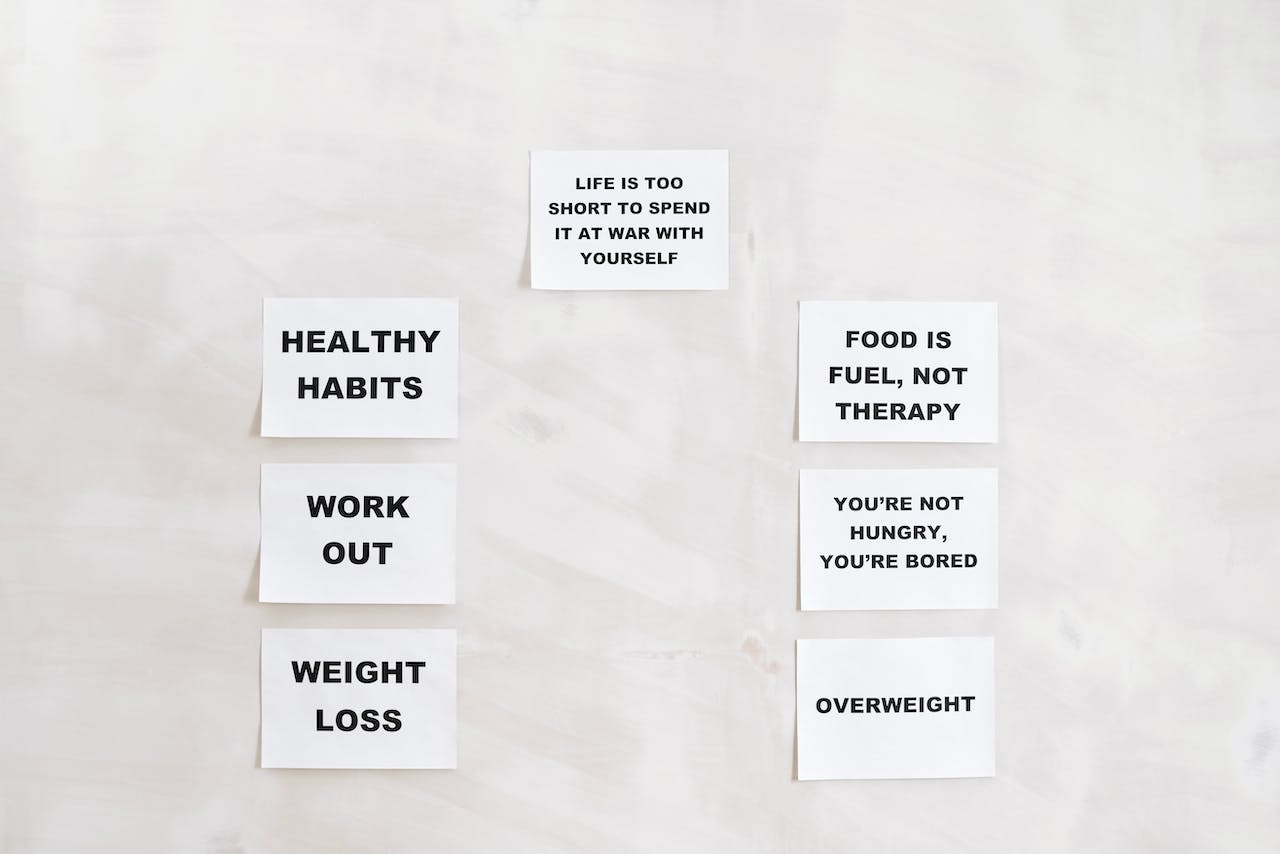
The difference between setting and achieving goals lies in the distinction between willpower and forming habits. Research from the Journal of Clinical Psychology indicates that approximately 54% of individuals who desired change failed within six months, often making the same life resolutions repeatedly without success.
Creating habits significantly increases your likelihood of success and overall consistency. Unlike relying solely on willpower, which can lead to stress and overwhelm, habits provide a psychological strategy for achieving your goals. Once a habit becomes routine, the actions require minimal effort, making progress more sustainable.
The Power of 21-Day Habits
Habits result from repeated actions with a compounding effect that amplifies with further consistency and progression. Establishing new habits can be highly beneficial, even though breaking old detrimental habits can be challenging due to their deeper physiological roots.
Adapting to new behaviors offers flexibility within your lifestyle and reduces the struggles and stress of pursuing new ambitions. While solidifying a new desired behavior may initially be tough, persistence and patience are key. According to common belief, practicing a new behavior for 21 days can develop it into a habit within your daily routine.
Joining Habits for Easier Solidification
To make solidifying new habits easier, consider joining them with existing habits. This approach leverages the power of existing routines to support the development of new behaviors. When you attach a new habit to an already established one, you benefit from the momentum and familiarity of the existing routine.
For example, if you wish to incorporate daily meditation practice, consider doing it right after brushing your teeth in the morning or before bed at night. Linking the new habit with an existing one makes you more likely to follow through consistently.
Remember, forming habits is a gradual process, and being patient with yourself is essential. Celebrate every small victory and stay committed to your goals. With perseverance and the power of habit, you can transform your aspirations into lifelong practices that lead to lasting positive change.
Change Your Self-Talk
Become aware of your inner dialogue and practice positive self-talk. Replace self-criticism and negative thoughts with self-compassion and encouragement. Treat yourself with the kindness and understanding you would offer a dear friend. Speak to yourself in a manner that fosters self-belief and confidence. When faced with challenges, remind yourself of your past accomplishments and strengths. By cultivating a positive self-talk habit, you build resilience and a supportive inner voice that helps you navigate tough times.
Learn from Setbacks
Rather than viewing setbacks as failures, view them as opportunities for growth and learning. Analyze the factors that led to the setback without self-judgement, and identify potential triggers. Use this information to adjust your approach and develop a better action plan. Cultivate the ability to bounce back stronger after challenges, knowing that each setback is a stepping stone to greater resilience and success.
Practice Self-Compassion
Acknowledge that you are human and that making mistakes is a natural part of the journey. Embrace self-compassion by treating yourself with kindness and understanding during times of struggle. Avoid self-blame and, instead practice forgiveness and self-acceptance. Offer yourself the same level of compassion and care that you would offer to a loved one facing similar challenges. Practicing self-compassion fosters a nurturing and supportive relationship with yourself, boosting your mental and emotional well-being.
The Importance of Internal and External Accountability
Internal and external accountability is essential to personal growth and goal achievement. Internal accountability involves cultivating self-discipline, self-awareness and a strong sense of responsibility. It helps individuals stay committed to their aspirations, maintain focus and overcome obstacles. When you hold yourself internally accountable, you develop resilience and drive towards success.
On the other hand, external accountability provides valuable support from others, such as coaches, mentors, or friends who help hold you to your commitments. Sharing your goals with others creates a sense of obligation to follow through, increasing motivation and progress. External accountability offers encouragement, feedback, and a different perspective, fostering continuous improvement. Combining internal and external accountability creates a powerful synergy that propels individuals to realize their full potential.
Time Management
Effectively managing your time is crucial for incorporating healthy habits into your daily routine. Consider the following time management techniques:
- Time Blocking: Allocate specific time blocks for exercise, meal preparation and self-care in your schedule. Treat these time blocks as non-negotiable appointments that you must prioritize.
- Setting Priorities: Identify and prioritize the most important tasks related to your health and well-being. Focus on what matters most and avoid getting bogged down by less critical activities.
- Minimizing Time-Wasting Activities: Be mindful of time-wasting activities, such as excessive social media usage or watching TV for extended periods. Allocate more time to activities that contribute to your health and happiness.
Work-Life Balance
Finding the balance between work, personal life and self-care is essential for overall well-being. Here are some tips for promoting work-life balance:
- Set Boundaries: Establish boundaries between work and personal time to avoid burnout. Avoid checking work emails or taking work-related calls during personal time.
- Make Time for Joy and Relaxation: Schedule activities that bring joy and relaxation, such as spending time with loved ones, pursuing hobbies or engaging in mindfulness practices.



